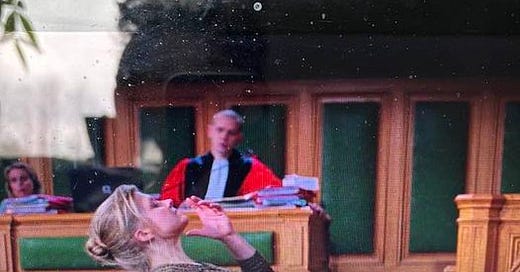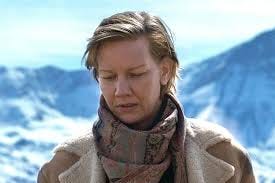I would have killed Samuel (Samuel Theis) in Anatomy of a Fall (Hulu), just for playing the rap song “P.I.M.P.” on a loop so loudly it ended the conversation between his wife and the journalist interviewing her. Why, as the women are talking, does Sandra (Sandra Hüller) sit there and tolerate the volume without going upstairs to ask Samuel to turn it do…
Keep reading with a 7-day free trial
Subscribe to Everything is Personal to keep reading this post and get 7 days of free access to the full post archives.




